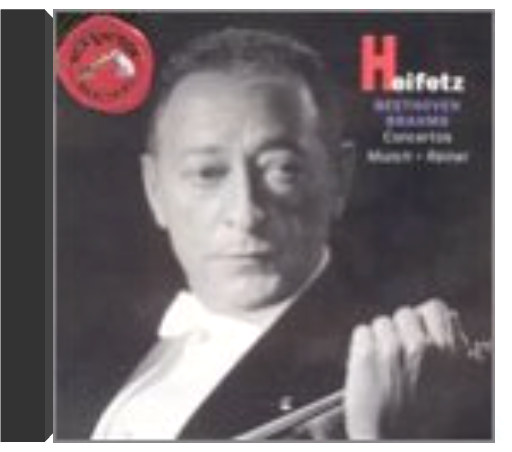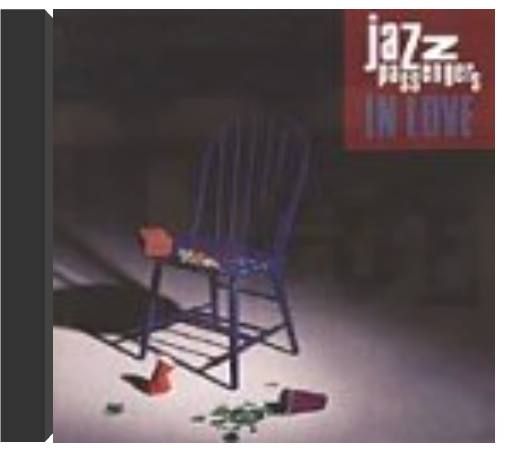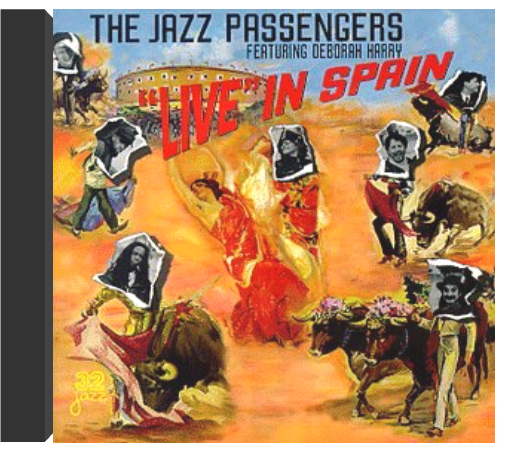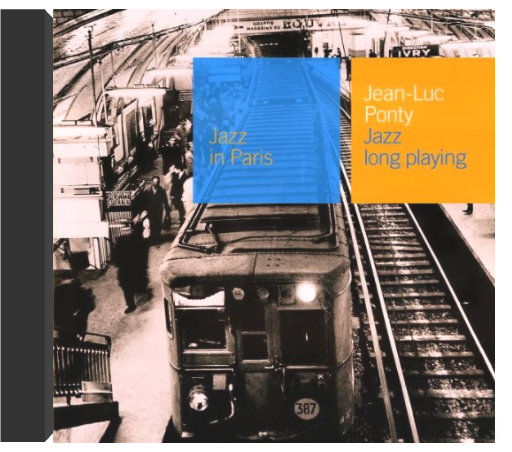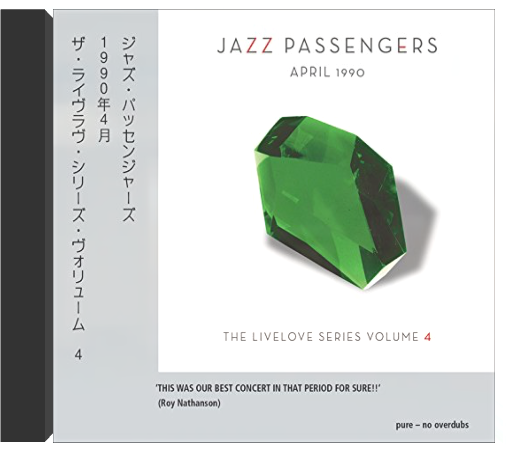 April 1990Jazz Passengers April 1990Jazz Passengers Hipness is over. When in 1987 Roy Nathanson, Curtis Fowlkes, Marc Ribot, and E.J. Rodriguez decided to no longer function as John Lurie's backing band Lounge Lizards, they formed the Jazz Passengers. At this 1990 show they already had canned three studio albums, just enough to present a diversified touring programme. From Zappa-esque originals 'The Faker' and 'Peace In The Valley' to the soft and sweet rendering of Duke's 'Do Nothing Till You Hear From Me' and the warmhearted (at least before it explodes) interpretation of the jazz standard 'Angel Eyes', which some may be familiar with through Sting's dreary version for the 'Leaving Las Vegas' soundtrack... It all is what Jazz should (let us say HAS TO) stand for. Okie dokie: we won't regret it in case this shall be called hip again some time soon. When you love Jazz, Vaudeville, Avant Garde, Guts, Heart and Soul - not just as added flavours, but as equal ingredients - you got it here all in one. Enjoy! 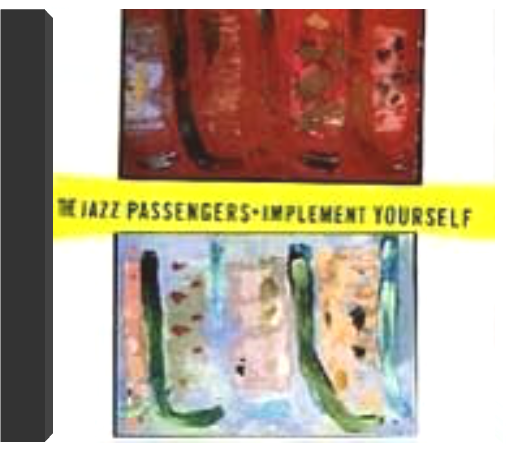 Implement YourselfJazz Passengers Implement YourselfJazz Passengers All products are BRAND NEW and factory sealed. Fast shipping and 100% Satisfaction Guaranteed. 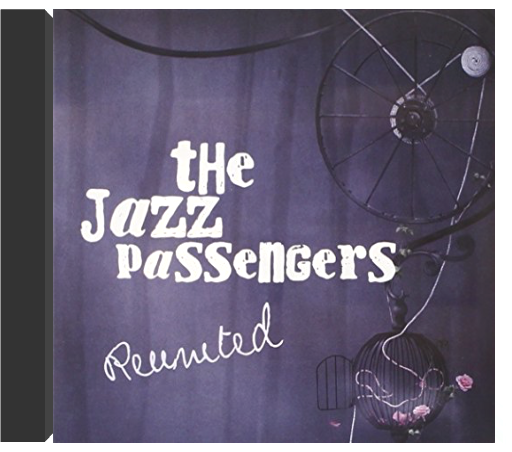 ReunitedJazz Passengers ReunitedJazz Passengers Inventive, fun, well-recorded, and swinging jazz, with special guests Marc Ribot, Elvis Costello & Debbie Harry!  Best of Jean-Luc PontyJean-Luc Ponty Best of Jean-Luc PontyJean-Luc Ponty Fans of Jean-Luc Ponty should be warned that The Best of Jean-Luc Ponty is somewhat misleadingly titled. Instead of the career overview the title implies, this is in fact only a sampling of tracks culled from three Columbia albums the pioneering violinist recorded from 1987 to 1991, The Gift of Time, Storytelling, and Tchokola. The music heard here is a far cry from the explosive material Ponty became known for with John McLaughlin's Mahavishnu Orchestra in the 1970s—although Ponty's electric violin is still his main voice, here he relies much more on synthesizers and MIDI effects for layers of ambient sound, rather than the pyrotechnic fretwork that many fans may associate with him. The result, at its worst, is a kind of harmonically and rhythmically complex elevator music that is a little too clever and slick for its own good. At its best though, the music manages to carve a new path that intriguingly skirts the normal "jazz," "classical," and "fusion" labels. The best tracks by far are the three from the album Tchokola, recorded in 1991 with an amazing cast of Senegalese musicians. On "Bottle Pop," "Tchokola," and especially "Mouna Bowa," Ponty weaves his delicate violin lines over an intricate tapestry of West African percussion and chiming Afro-pop styled guitars and bass, achieving a wonderful kind of world fusion that is altogether in a class by itself. —Ezra Gale |
 Made with Delicious Library
Made with Delicious Library
